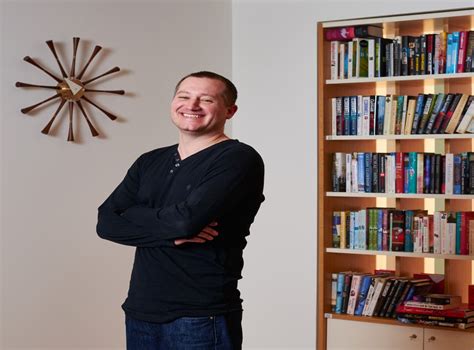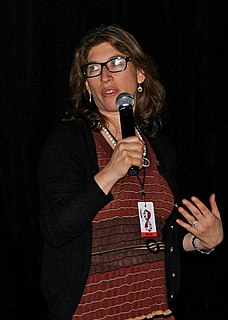A Quote by Barack Obama
I've been talking about things like reversing the rise of inequality and strengthening social
mobility,since before it was cool.
Related Quotes
Social mobility has always been a slippery term, with nebulous markers of success: how many state school children have to achieve postgraduate degrees, or fill higher professional jobs, before society is deemed to have achieved the requisite degree of mobility to consider prejudice or injustice a thing of the past?
My first AIDS campaign was in 1985. There was this dark cloud, everybody was socially inspired - we hadn't seen social consciousness like that since the '60s - but most people were talking about hunger in Africa. Nobody was talking about this really ominous circumstance here in the U.S. because of this fear of stigma.
In the U.S. when people like me started writing things about inequality, the economic journals had no classification for inequality. I couldn't find where to submit my inequality papers because there was no such topic. There was welfare, there was health issues, there was trade obviously. Finance had hundreds of sub groups.
Social mobility decreased under Labour and under the current government it is reversing. The differences between the poorest and richest are returning to Victorian levels. We don't have open sewers and infant mortality rates at fifty percent but in economic terms we're getting to a level of disparity we haven't seen for a couple of hundred years. And we're getting there very quickly.
The 1970s were the height of social mobility. College was accessible. My grandfather was a poor immigrant who went to a public school in Ohio, and my father went to Harvard. That wasn't unusual. There was a feeling that anything was possible and you didn't have to be born into money to have a successful life. Now, people don't believe in the idea that anything is possible. We have more inequality than we've had ever before and a greater concentration of wealth in the hands of a few.

































